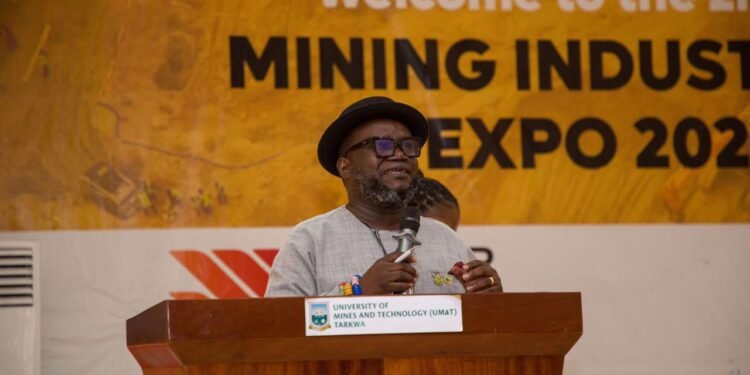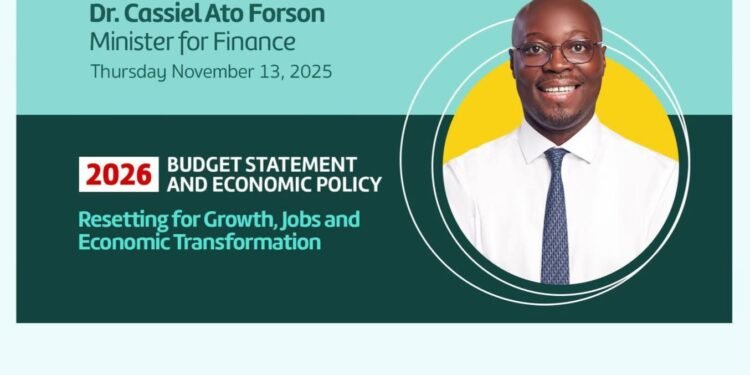Telcos in Africa are vigorously pursuing mobile money spin-offs and sales, capitalizing on the broad range of opportunities within the financial services landscape, Fitch Solutions indicates.
These opportunities range from peaking interest rates from multi-stakeholders across the financial services ecosystem, from traditional banks looking for new routes to market. Also, this involves small start-ups seeking to reach a large audience very quickly, and to governments looking for new ways to extract more value from services through taxes and regulation.
A number of telcos in Africa have recently engaged in mobile money spin-offs, sales and investments. MTN Rwanda, in early May 2021, announced the creation of a dedicated mobile financial services unit, Mobile Money Rwanda. With certification from the Central Bank of Rwanda, Mobile Money Rwanda is to provide the same level of customer service and safeguards as a traditional bank.
Another is Airtel Africa, which also announced a partnership with Mastercard to invest $100 million for a 25% stake in Airtel Mobile Commerce. The value of the deal ended up with a total of $2.5 billion as other firms joined the deal.
Furthermore, African telcos Orange and Vodacom/Safaricom have decided to pool their mobile financial operations into separate business units.
Fitch Solutions notes that the current trend provides proof for other smaller multi-country telcos such as Vodacom, Milliocom (Tigo), Etisalat/Maroc, Viettel and Africell to follow suit.
Drivers for mobile money sell-offs and investments
Telcos are quickly shifting from the traditional telco model, although not entirely. Telcos are currently pursuing higher revenue growth. Albeit, Fitch Solutions indicates that telcos cannot continue controlling all parts of the service as well as infrastructure ecosystems.
“Telcos must, increasingly, choose between being either an infrastructure provider or services provider – realistically, they cannot do both effectively while governments push for tariffs to become more affordable. Yet, the cost of deploying infrastructure, maintaining that infrastructure and opening that infrastructure to third parties will only increase.”
Also, most telcos are considering giving mobile money businesses greater freedom to work with a wider range of partners and reach a bigger audience. Essentially, mobile money is only a small part of a telcos’s services portfolio. Most do not have the resources and do not have the capacity to maintain everything themselves.
“As an independent player, the mobile money business would have the freedom to work with as many players as it likes, even those that its competitors might be using.
“This means that end-users will be able to choose from a wider selection of services and the mobile money company can work to develop more specialised applications and services, targeting niche users and possibly netting higher revenues per user/client for more attractive margins.”
More so, the switch into financial services system is to reduce telcos’ exposure to rising tax and other regulatory burdens. Mobile money services incur not only standard goods and services taxes, including transfer fees or exchange rates. Meanwhile these are both more complex and costly.
“Becoming a minority or ‘golden’ stakeholder would allow a telco to continue influencing a mobile money business after divestiture and still generate a line of income from the business that would not be as exposed – if at all – to tax and regulation.”
Again, for many telcos, mobile money is turning out to be a low-value mass-market consumer business. Thus, those that want to transform themselves into digital service providers need to be offering higher-value/higher margin advanced services, like cloud/edge computing, big data analytics, blockchain etc.
As such these advanced businesses will be more sustainable and less prone to changing consumer demands and expectations.
READ ALSO: Health risks of long working hours























